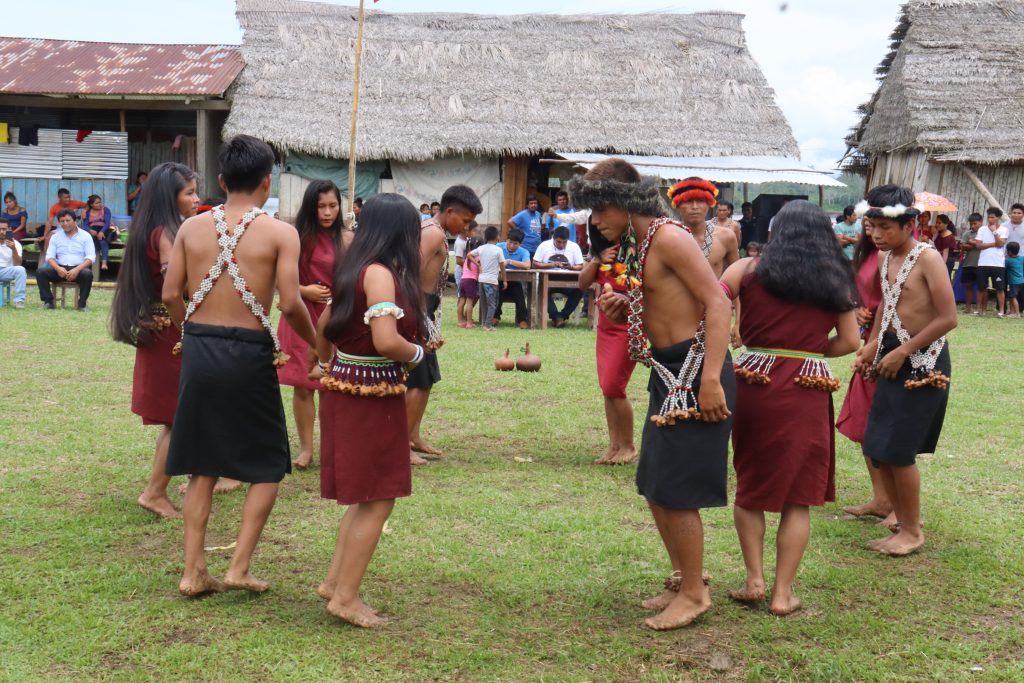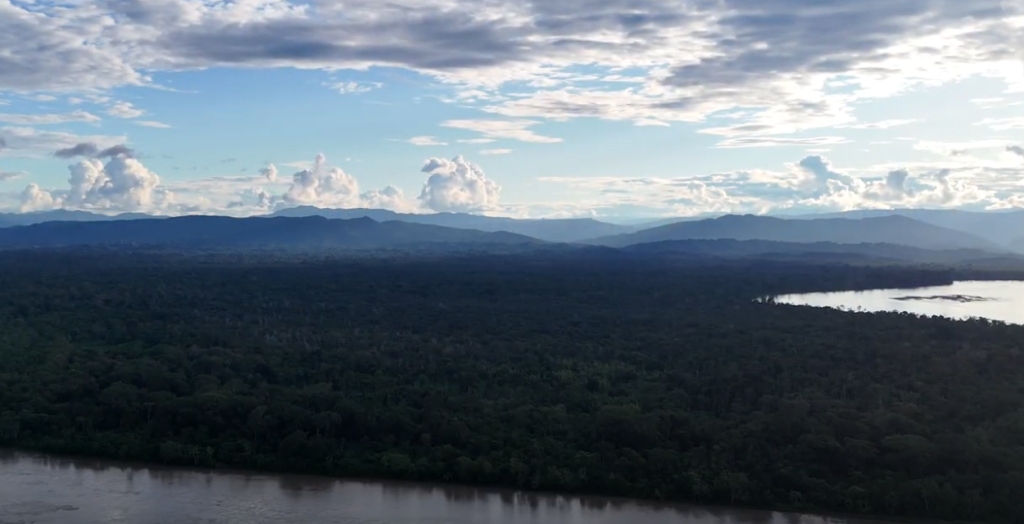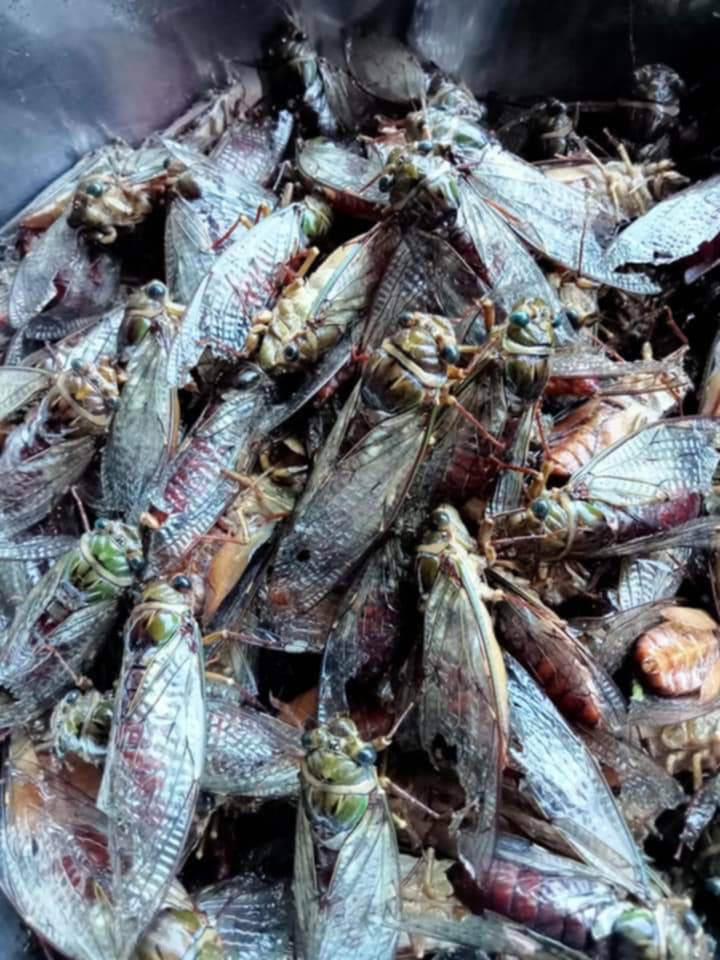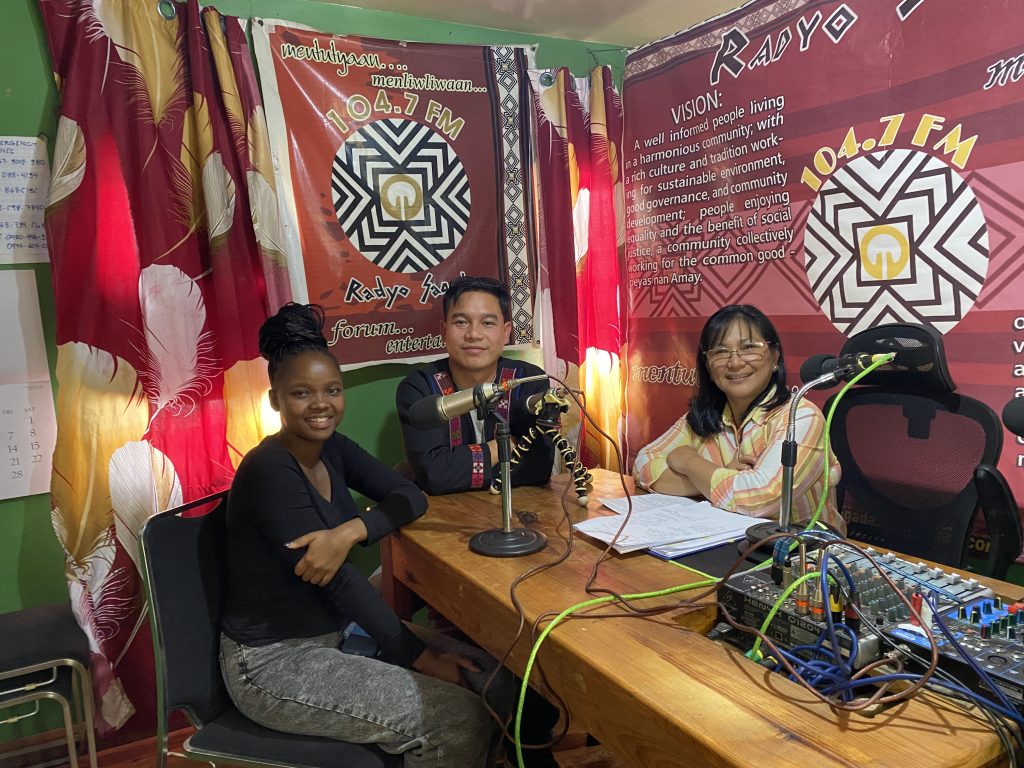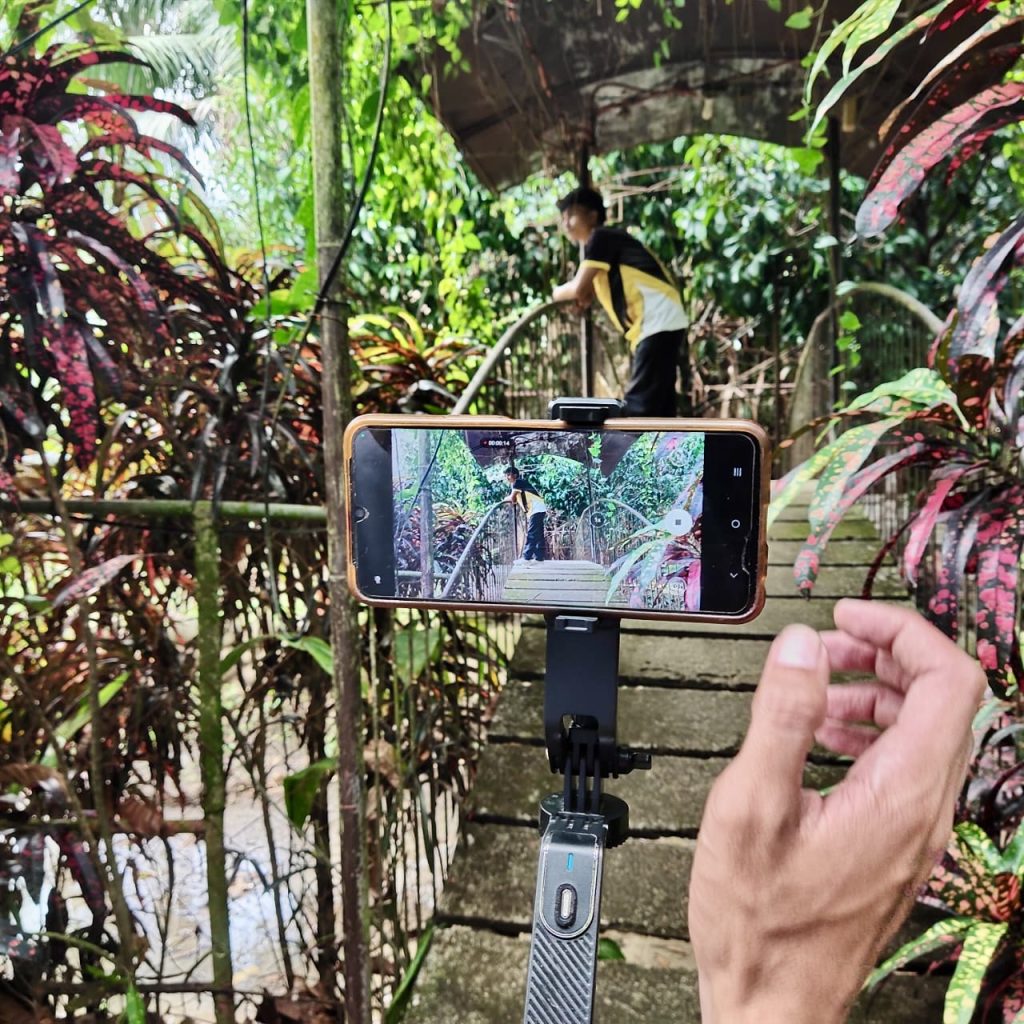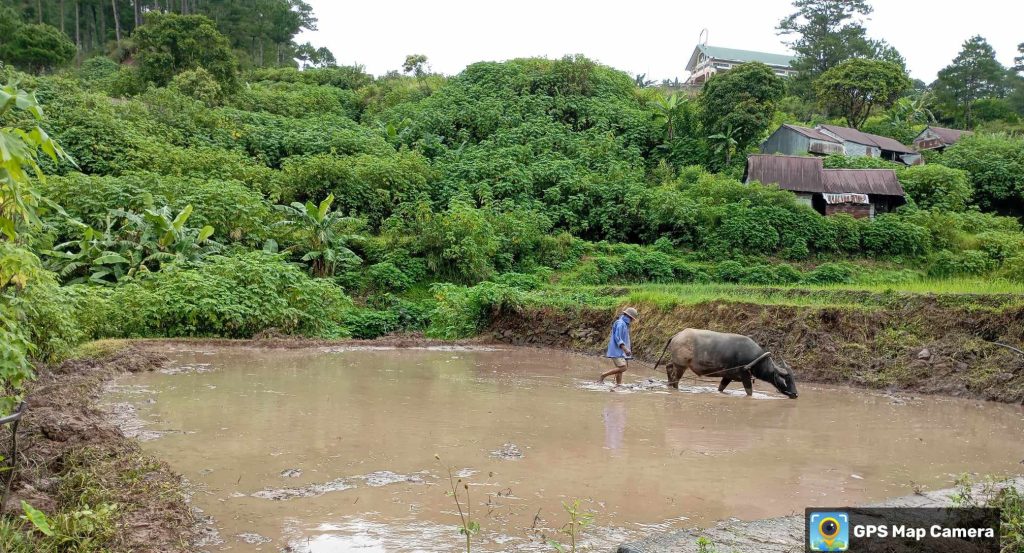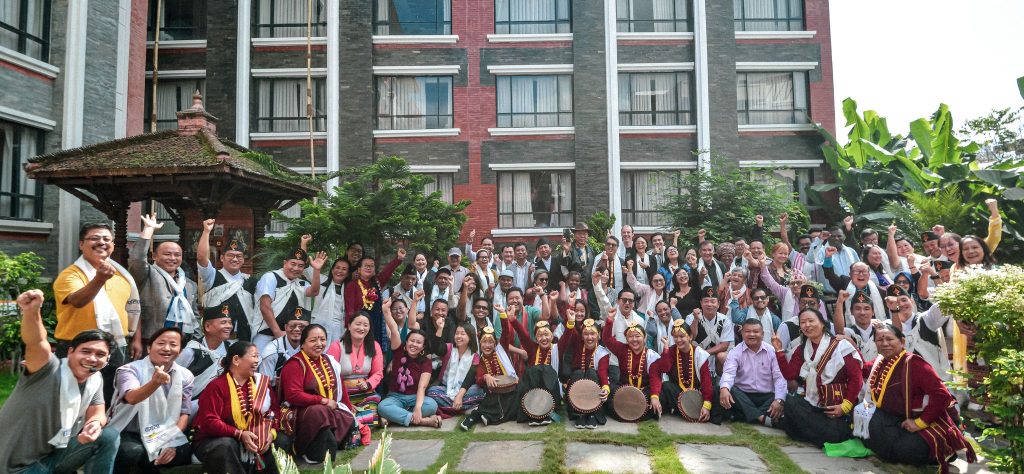Traditional and local knowledge refers to the knowledge, innovations, and practices developed by indigenous peoples, and by local communities, over generations. This knowledge is often closely tied to local ecosystems and can provide valuable insights into the biodiversity of an area, as well as the management and conservation of natural resources.
By providing alternative visions, indigenous peoples are creating transitions towards more equitable and sustainable futures. However, indigenous knowledge is steadily eroding due to numerous external and internal threats, including the loss of lands and territory, development aggression and militarization, discrimination, and commercial misappropriation.
This project is designed to combat the threats to the continued practice and transmission of indigenous knowledge, by working at the global, national, and local levels simultaneously and engaging with indigenous peoples’ organisations.
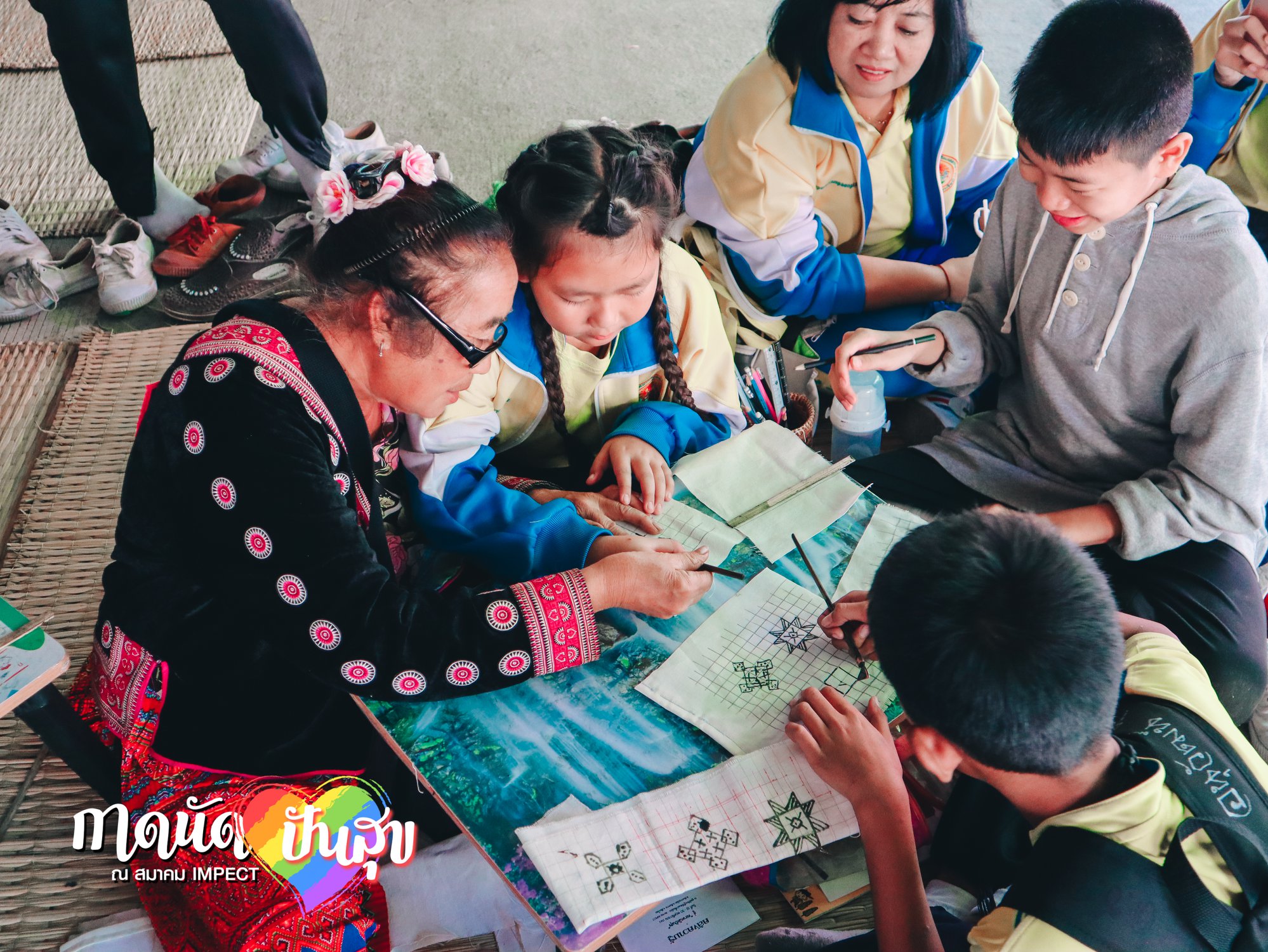
Children learn how to make traditional Hmong patterns in Thailand. Photo by IMPECT
Dashed line
Activity
Further info
Dominant values and worldviews lead the youth away from indigenous knowledge that has traditionally been linked to the land and its resources and passed down by the elders to the new generations. Some elders themselves are reluctant to pass on their knowledge, surrendering to the idea of formal education as the single path towards paid employment and family support. These underlying causes endanger the continued practice and transmission of indigenous knowledge.
This project is designed to combat this, by working at the global, national, and local levels simultaneously and engaging with indigenous peoples’ organisations to impact both the structures of biodiversity planning and monitoring, to introduce improved local knowledge and monitoring data into the monitoring of success, and to support local processes of knowledge valuing, transmission and retention.
There is a need to develop the capacity of the target groups to strengthen indigenous wisdom and to promote and transmit this so that indigenous peoples’ contributions to biodiversity conservation and sustainable use are appreciated and recognized.
The barriers to better recognition and support for indigenous peoples’ cultures, knowledges, and land and resource management systems are varied and nationally specific and will be addressed through nationally designed programmes of work.
